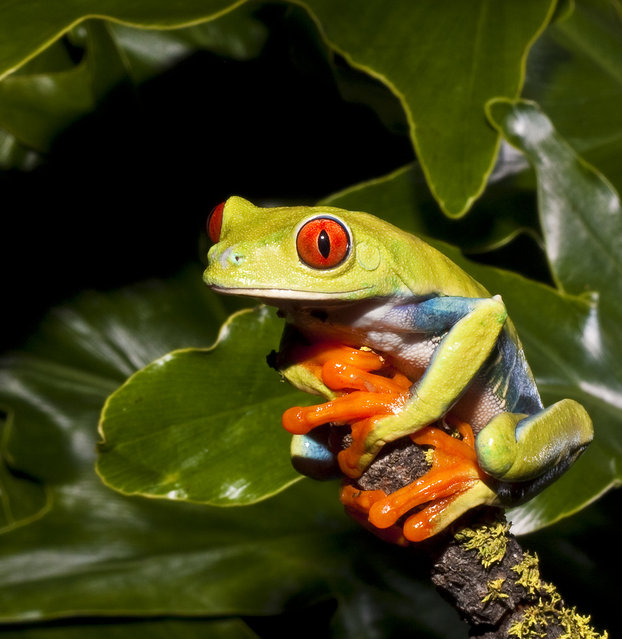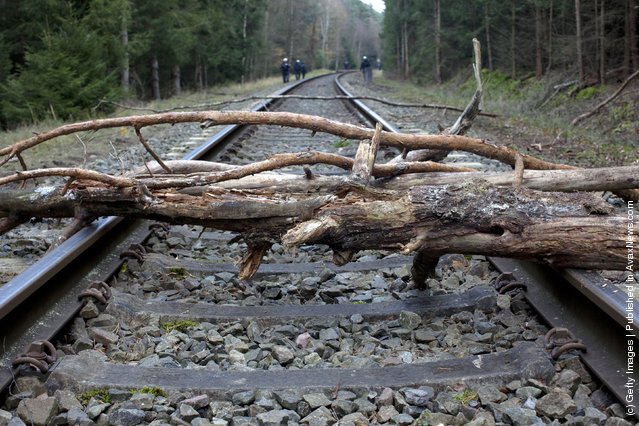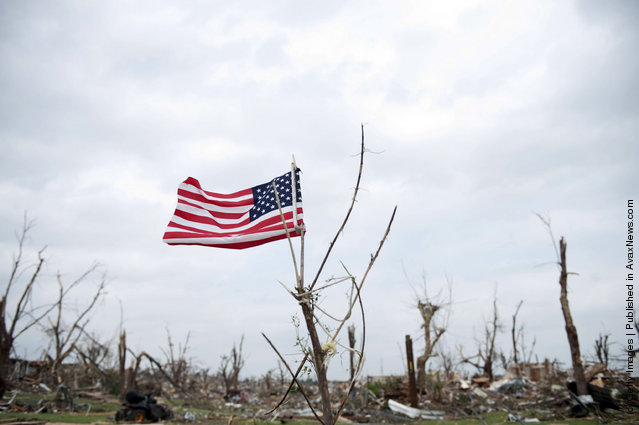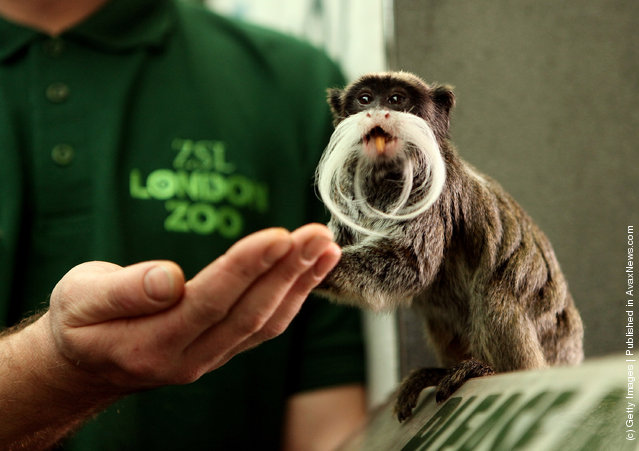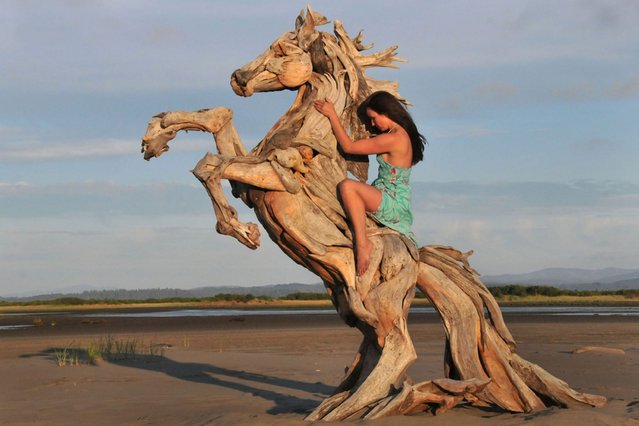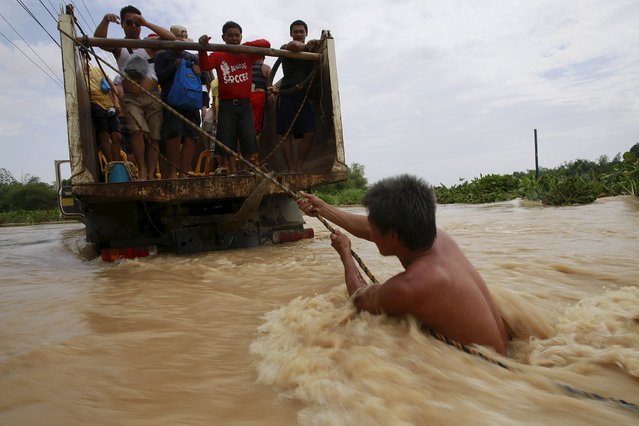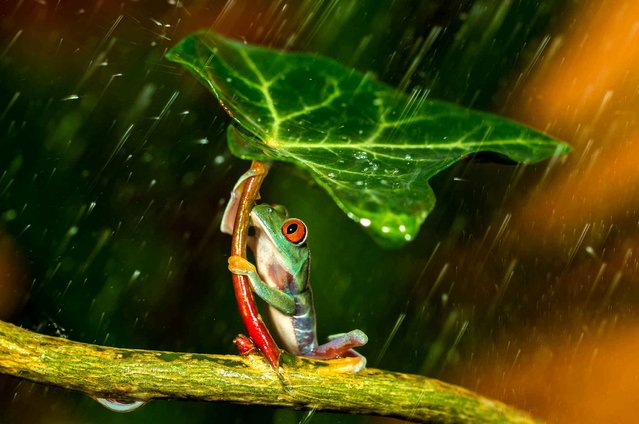
Not far from the Ukrainian regional center Rivne there is a town known as Klevan. The main attraction of it is one of the most romantic places in the world called “The Tunnel of Love”. During the warm months of the year the trees planted next to each other form a fairy green tunnel along one kilometer long section of the railway.
26 Jun 2012 09:11:00,post received
0 comments

